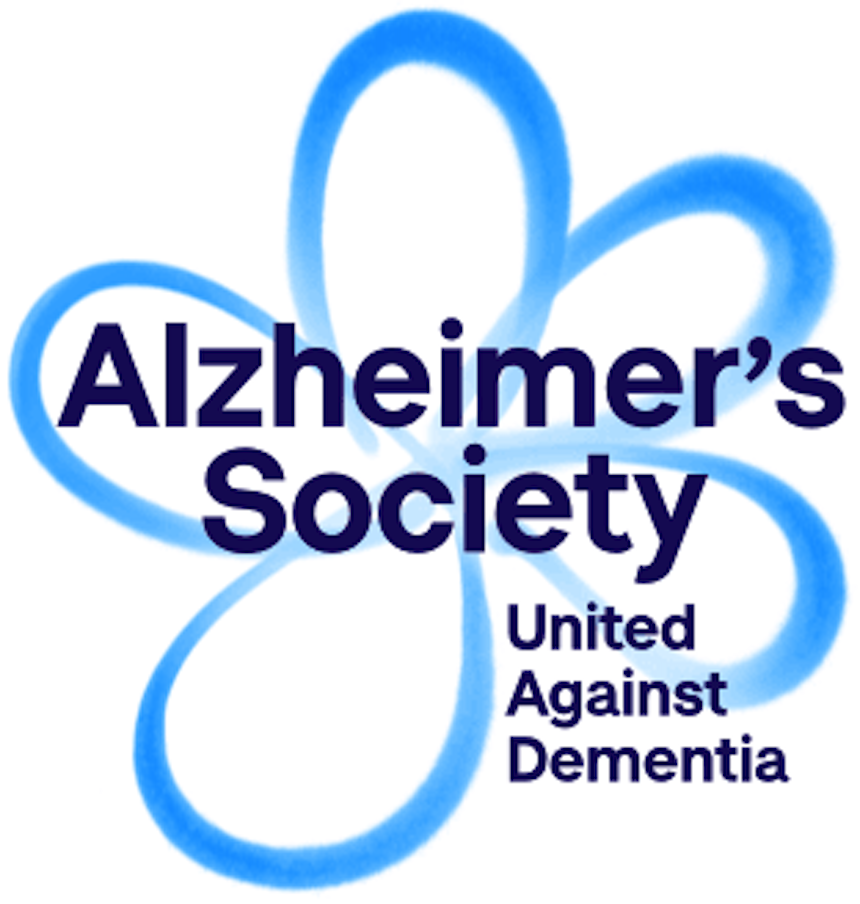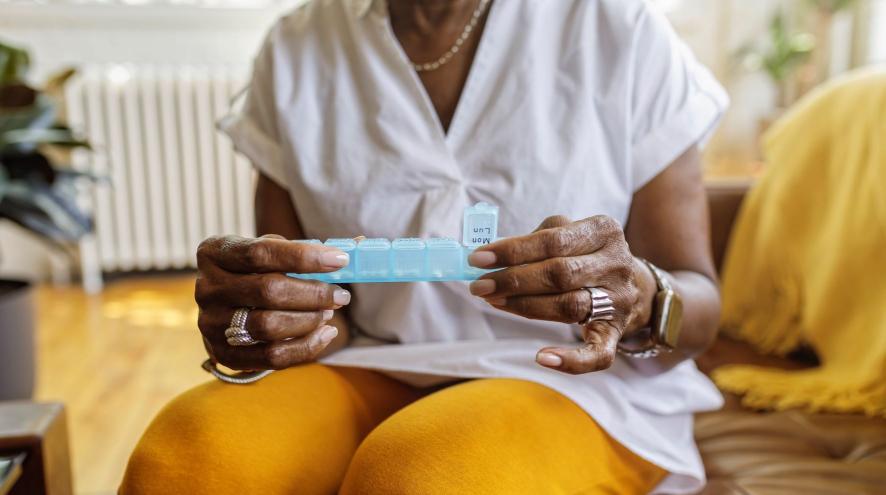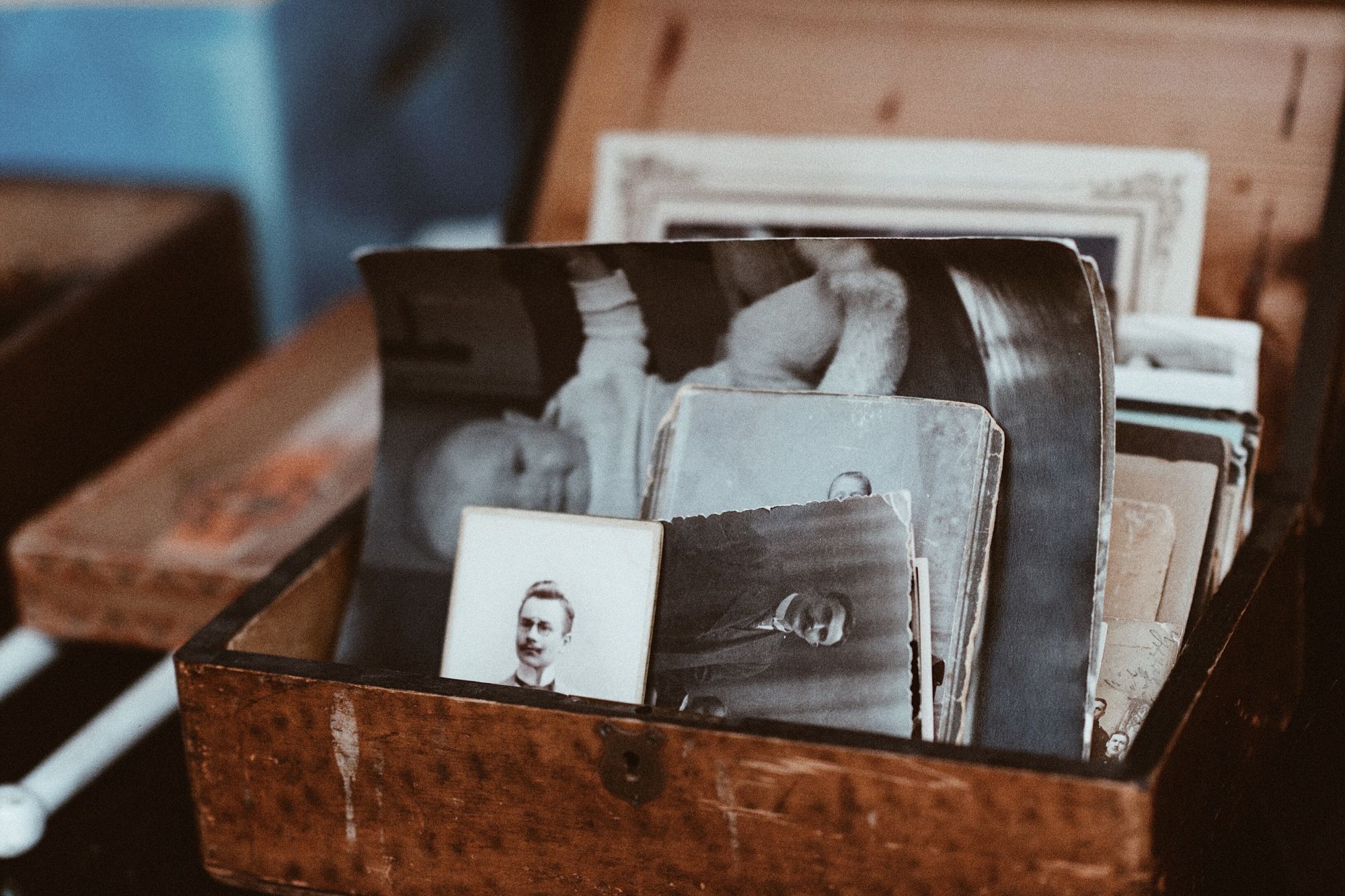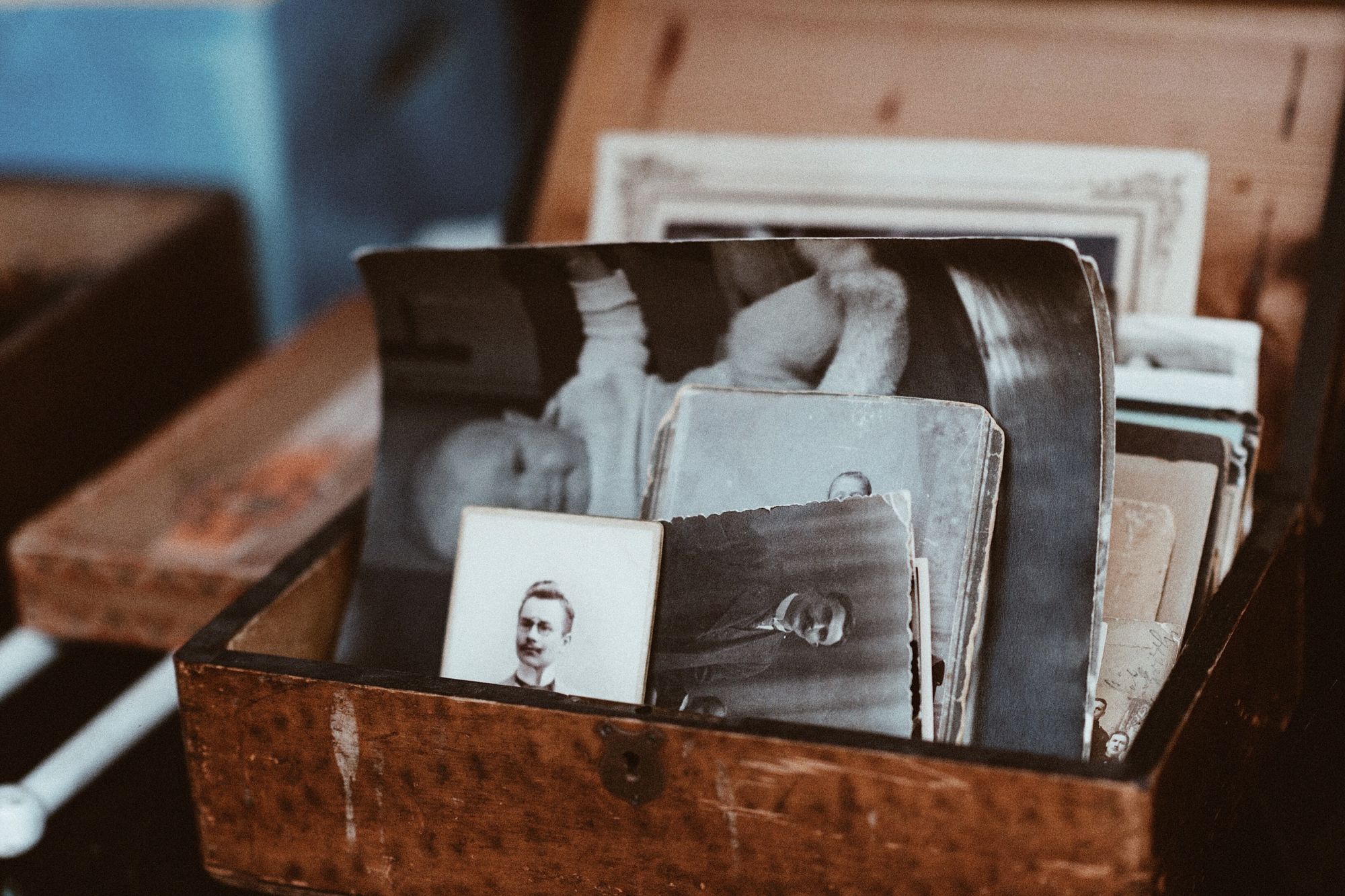Mental and creative activities
Sometimes, a person with dementia can lose their interest in recreational and leisure activities they used to enjoy doing. The person might find the activity difficult and tiring, which can cause feelings of frustration or anger. Memory impairments can reduce the person’s ability to start or complete the activity. Keeping a person with dementia active through mental and creative activities, can not only create joyful moments, but also influence small overall changes in cognitive function.
Engage in activities of meaning for the person. Often, meaning is tied to past occupation, hobbies, interest or passions. Think about how you can engage the person in activities related to their earlier life.
Adjust the activity to their level. The days of learning new things are behind you. Is there a way to use existing resources to manage the activity you are planning?
Adjust the creative activities by directing or non-directing the person with dementia. In creative activities, a good way to start is either by directing the person by saying “here’s some clay, let’s try to make a vase”, or non-directing by saying “here’s some paint, feel free to choose any colour to get started”. The level of direction is to each individual based on what they need.
Avoid making the activities to childish. When engaging in any activity, try to make them simple enough so that the person can enjoy them, simultaneously not making the person feel like a child.
Don't pin all hope to one approach. As long as something is experienced as positive, it is worthwhile continuing, but if an activity does not bring joy to the person with dementia, there is no point to continue doing it.
Break activities down into manageable stages. If the whole activity is too complex for the person with dementia to handle at once, try to break the activity down into smaller parts. Baking a bread might seem overwhelming. However, stirring the ingredients, filling the bred tin etc. might be manageable steps.
The brain needs rest. Remember to plan for relaxation and calm moments between activities you are planning.




https://www.dementiaguide.com/
Comments
Sign in or become a DemiCare member to join the conversation.










